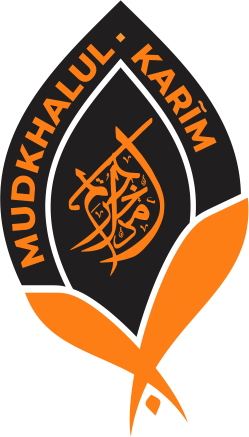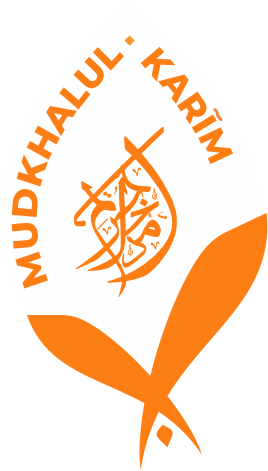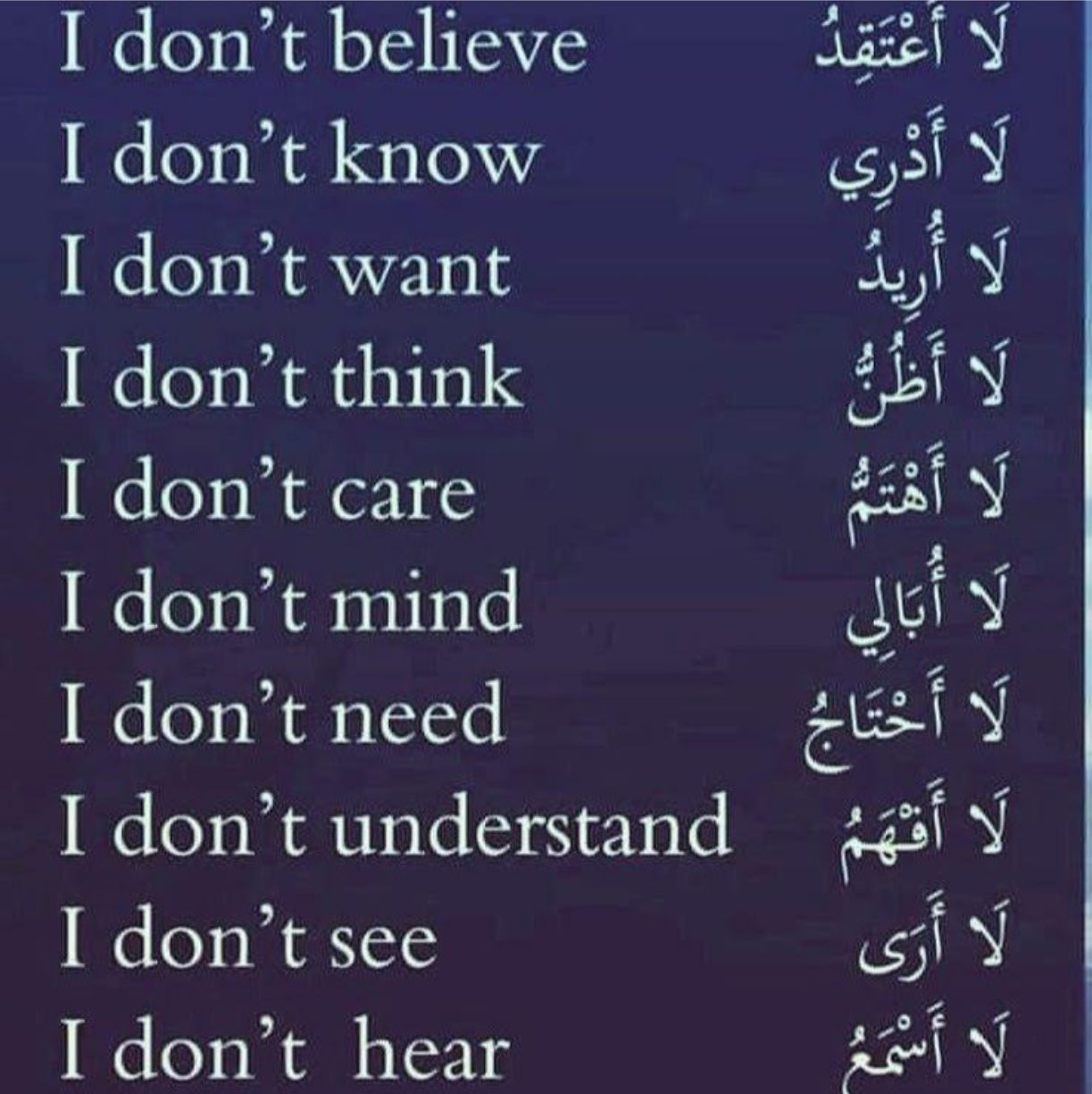
The Fourth Pillar of Islām
Aṣ Ṣawm (Ramaḍān Fasting) is the fourth pillar of Islam. It involves abstaining from food, drink, sexual relations, and other physical desires from dawn to sunset during the month of Ramaḍān. Fasting is seen as a way to gain self-discipline, get closer to God, and develop sympathy for the poor.
Exemptions from fasting exist for those who are ill, traveling, pregnant, breastfeeding, and elderly ones. These individuals are often required to make up the missed days later.
What to do if you're unable to complete your fasting due to above listed reasons
Fidyah: This is a payment or provision made to feed a poor person for each day of fasting missed, when an individual is unable to fast due to:
- Illness
- Old age
- Pregnancy or breastfeeding (if fasting would harm the mother or child)

Benefits of Fasting
- Obeying God: It is a form of worship and obedience to a divine commandment.
- Self-discipline: Fasting is a way to build self-control and spiritual strength.
- Empathy & Charity: It helps Muslims appreciate God's gifts and develop sympathy for the less fortunate, making it a month of charity and generosity.
What to say upon breaking a Fast
When breaking a Fast endeavor to say:
- "Alḥamdulillah" ("Praise be to Allāh")
- "Allāhumma laka ṣumtu wa ʿalā rizqika afṭartu" ("Oh Allāh, I fasted for you and upon Your provision I break my fast")
- "Dhahabaẓ ẓamaʾu, wabtallatil ʿurūq, wa thabatal ajru inshāʾAllāhu" ("The thirst is gone, and the veins are moistened, and the reward is confirmed, if Allāh wills")






